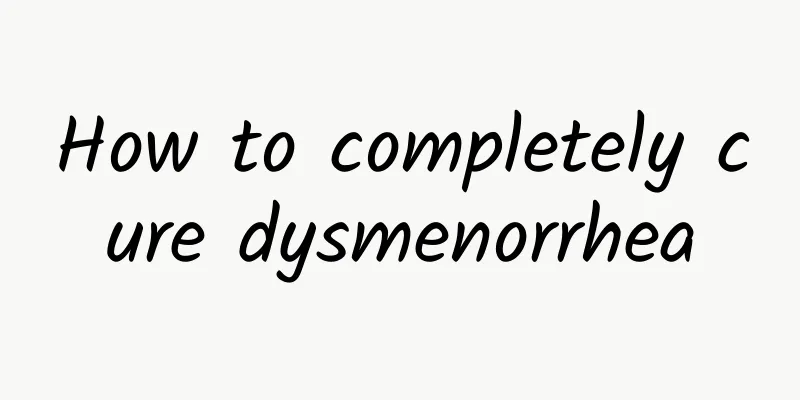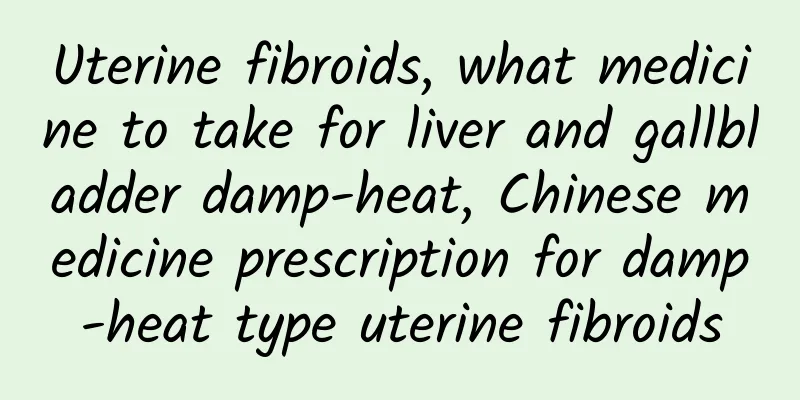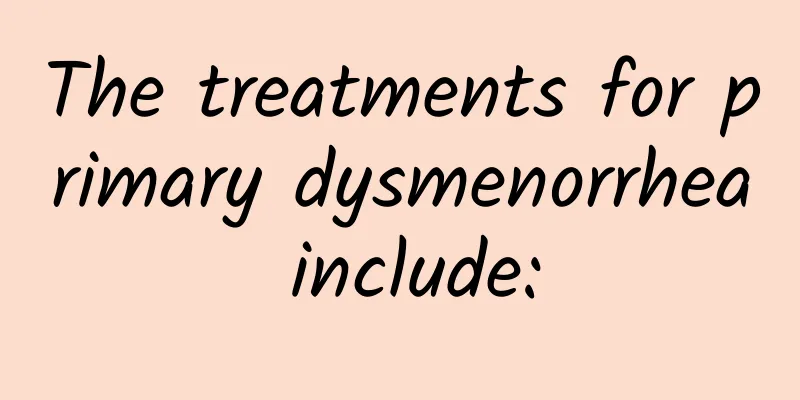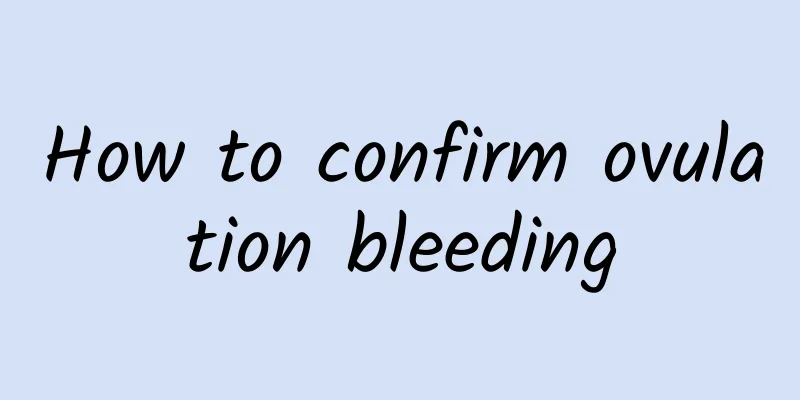What medicine to take for cervicitis and endometritis
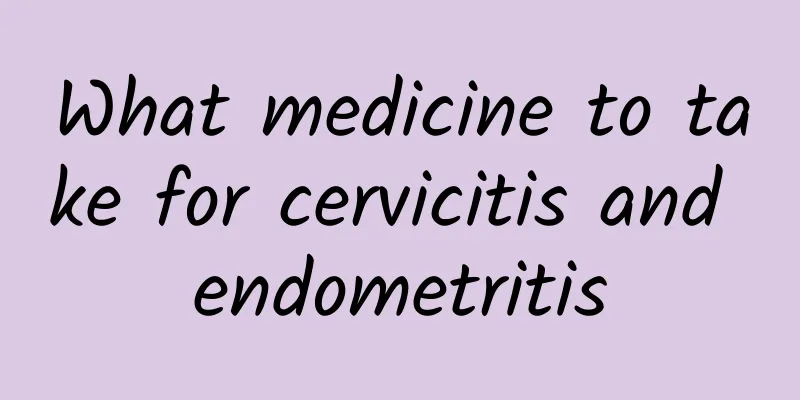
|
Treatments for cervicitis and endometritis include antibiotics, anti-inflammatory drugs and immunomodulators, and the specific medication should be selected according to the cause and condition. Cervicitis and endometritis are usually caused by bacterial infections, and medication is required to control the infection, relieve symptoms and prevent complications. Common treatments include antibiotics such as cephalosporins, azithromycin, metronidazole, and anti-inflammatory drugs such as ibuprofen. At the same time, dietary conditioning and lifestyle improvements can also help recovery. 1. Drug treatment Antibiotics are the main drugs for treating cervicitis and endometritis. Cephalosporin antibiotics such as cefixime and ceftriaxone are effective against a variety of bacteria and are suitable for moderate to severe infections. Azithromycin is a broad-spectrum antibiotic commonly used to treat mycoplasma and chlamydia infections. Metronidazole has a better effect on anaerobic infections. For pain caused by inflammation, non-steroidal anti-inflammatory drugs such as ibuprofen can be taken to relieve symptoms. Immunomodulators such as pidotimod can help enhance immunity and promote recovery. 2. Diet adjustment Diet can help with the recovery of cervicitis and endometritis. Eating foods rich in vitamin C, such as oranges, lemons, and kiwis, can help boost immunity. Increasing dietary fiber intake, such as whole grains, vegetables, and fruits, can promote intestinal health and reduce inflammation. Avoid spicy, greasy, and irritating foods to avoid aggravating symptoms. 3. Improve your lifestyle Good living habits can help prevent and treat cervicitis and endometritis. Maintain personal hygiene, especially during menstruation, and avoid using irritating lotions. Avoid overwork and stress, and get enough sleep. Appropriate exercise such as yoga and walking can enhance physical fitness, but avoid strenuous exercise. The treatment of cervicitis and endometritis requires a combination of medication, diet and lifestyle. Rational medication under the guidance of a doctor, while paying attention to diet conditioning and improving lifestyle habits, can effectively control the disease and promote recovery. If symptoms persist or worsen, seek medical attention in a timely manner to avoid delaying treatment. |
<<: Cervical precancerous lesions leading to cervical hypertrophy
>>: Is endometriosis difficult to treat?
Recommend
What does cervical warts mean?
There are many types of condyloma acuminatum. We ...
Clinical examination of bacterial vaginosis
Women need to pay attention to some conditioning ...
Eat right to lose weight and enjoy balanced metabolism: 5 principles of diet
"How can I eat to lose weight?" is a qu...
What is the reason for missing menstruation after miscarriage?
What is the reason for missing menstruation after...
Exercise can be sexy! The most fascinating weight loss exercise: Zumba
Although the famous Taiwanese female artist Xiao ...
7 points to note after medical abortion
Many female friends think that medical abortion o...
Patients with vulvar leukoplakia can take dietary supplements according to their symptoms
Vulvar leukoplakia is also known as vulvar leukop...
What are the symptoms of postpartum cervical erosion? Five things to pay attention to in the treatment of postpartum cervical erosion
The process of childbirth for women is very painf...
What is vulvar itching?
Many women with vulvar pruritus will scratch with...
Pay attention to the early treatment of ovarian hyperprolactinemia
Many female friends feel panic when talking about...
Measures to prevent dysmenorrhea in women!
Menstruation is a physiological phenomenon that e...
Obesity is a chronic disease! Famous psychiatrist Yang Congcai: Improving obesity requires consideration of both physiological and psychological environments
The World Health Organization points out that &qu...
What is the impact of vaginitis on sexual life? What should I do if I have vaginitis?
Vaginitis is a common problem for women. It can l...
What are the symptoms of cervical erosion?
Cervical erosion is a woman's "good frie...
Severe adenomyosis
Adenomyosis is a common gynecological disease tha...
